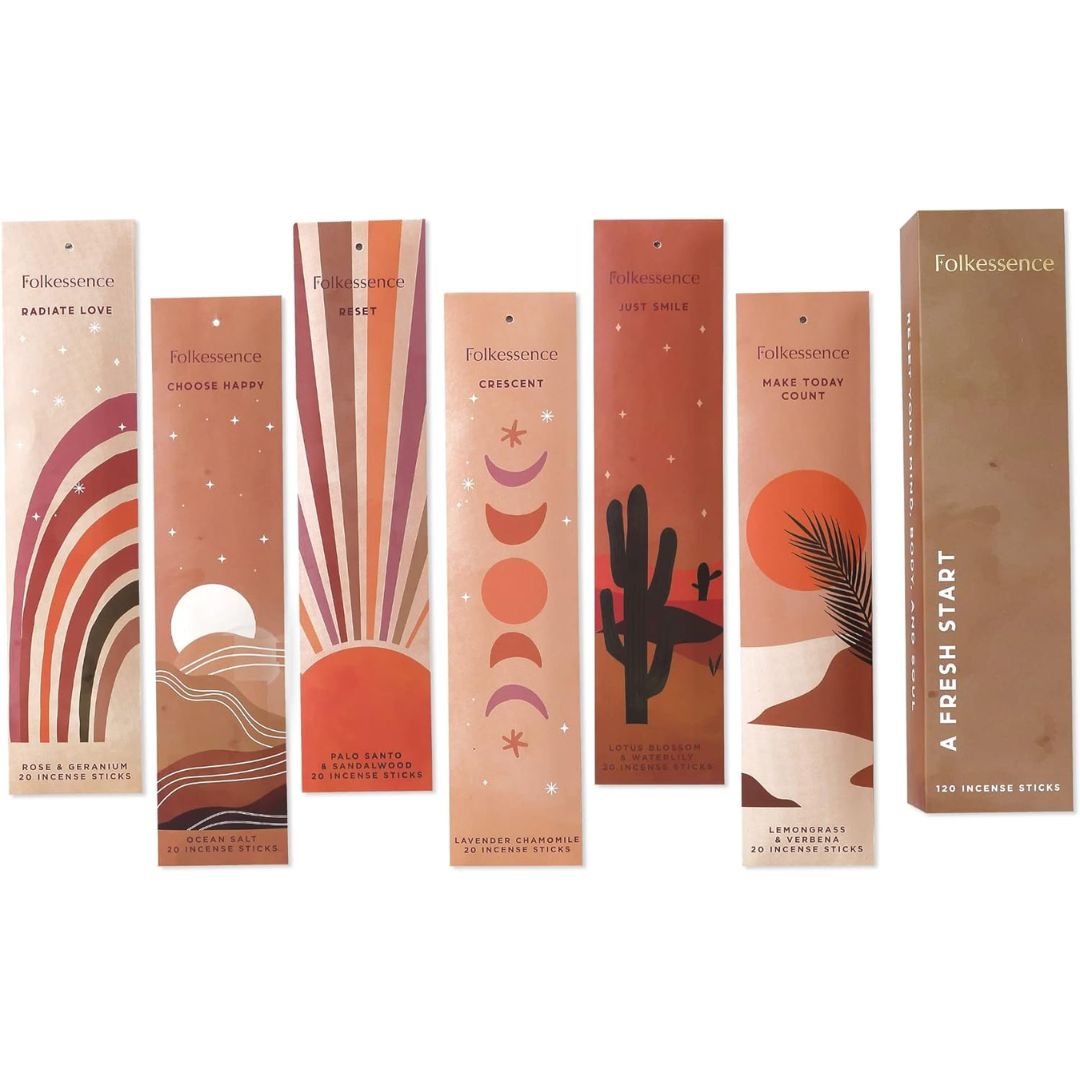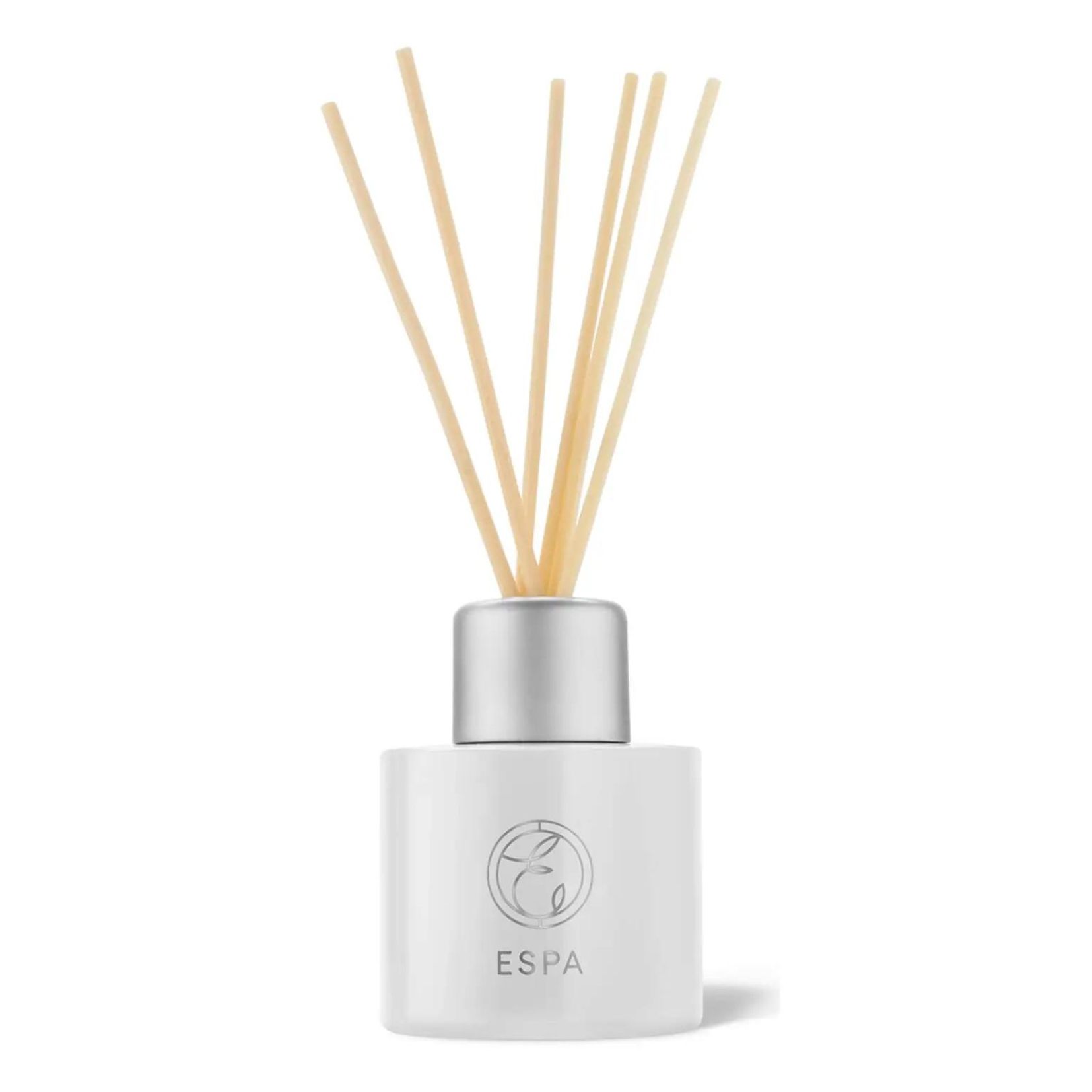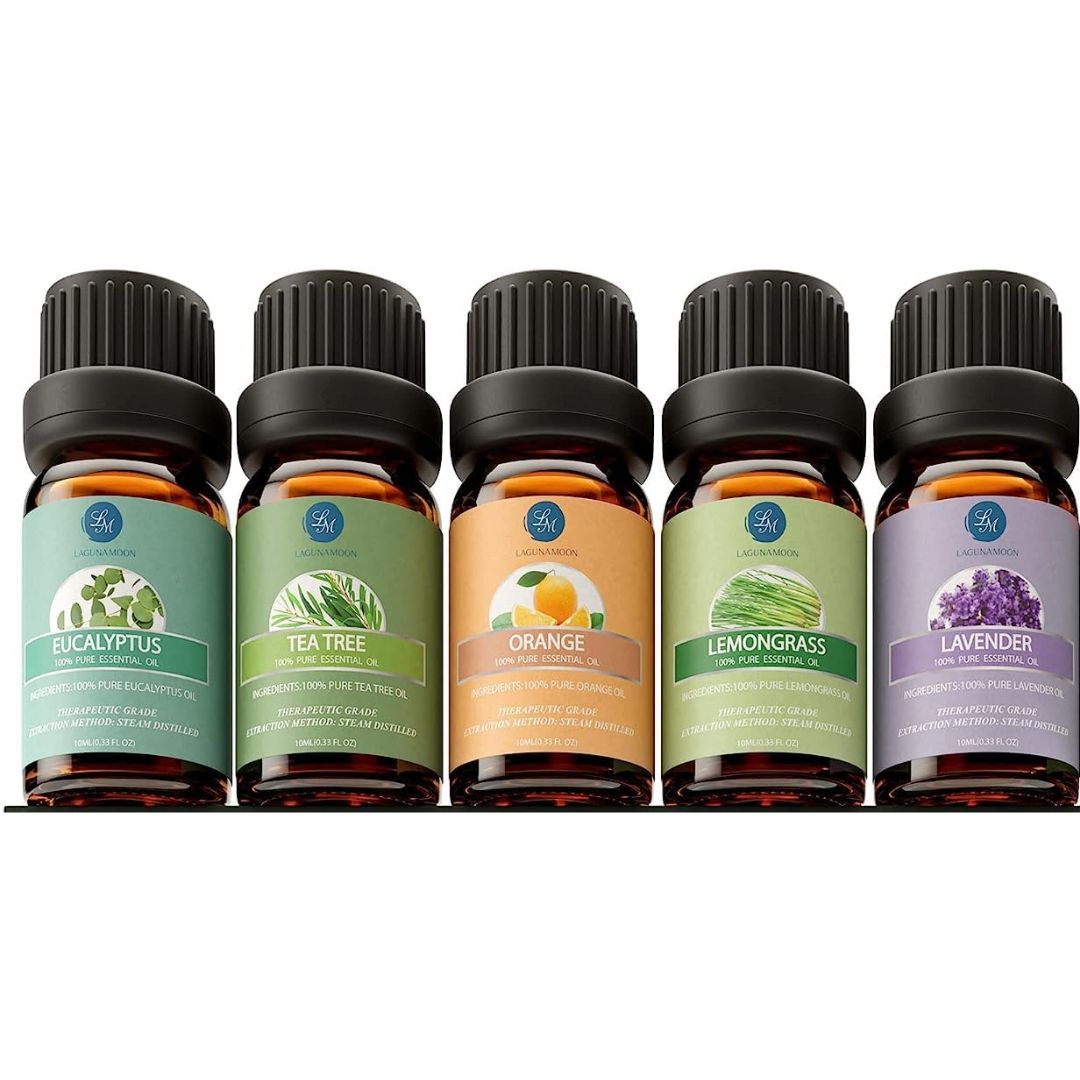This is What You Want Your Home to Smell Like for Good Feng Shui — 4 Scents To Boost Positivity at Home
Activate the sensory experience in your home with these Feng Shui fragrances that will calm your mind and relax the mood

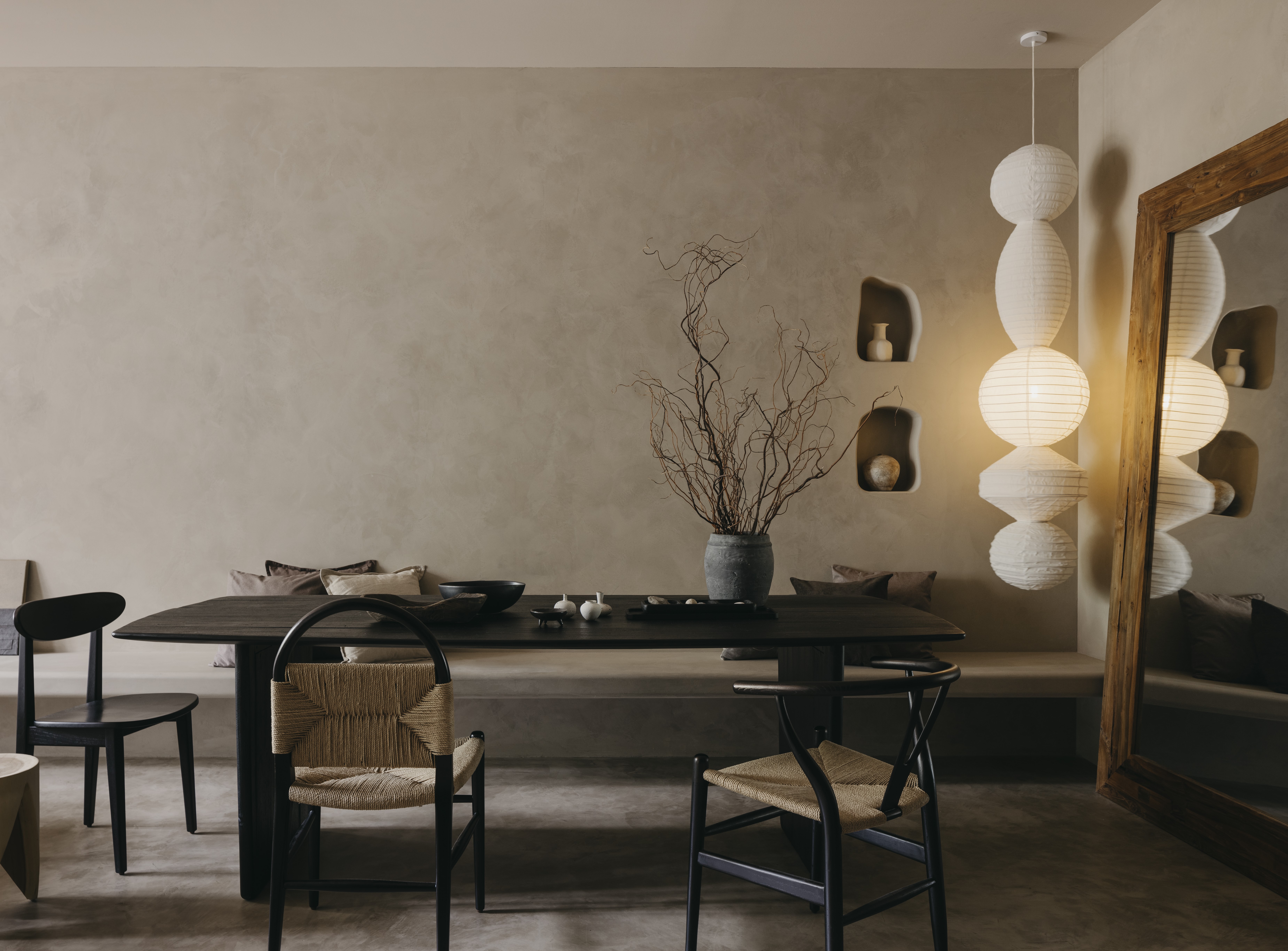
Feng Shui fragrances are a thing, if you didn't already know that this ancient Chinese tradition isn't only about furniture placement. Feng Shui is a holistic practice that touches every aspect of interiors, including all the senses.
Take a moment to reflect: how do you feel when you enter a spa that smells of sandalwood and cinnamon? Or when you enter a perfumery? Pleasant smells can instantly calm you and ease you into a good mood.
According to Feng Shui principles, fragrances also impact the qi of a home. If you've been looking for new, refreshing scents to bring into your home, then these are the best home fragrances to try, as recommended by experts.
1. Citrus, herbs, lemon myrtle
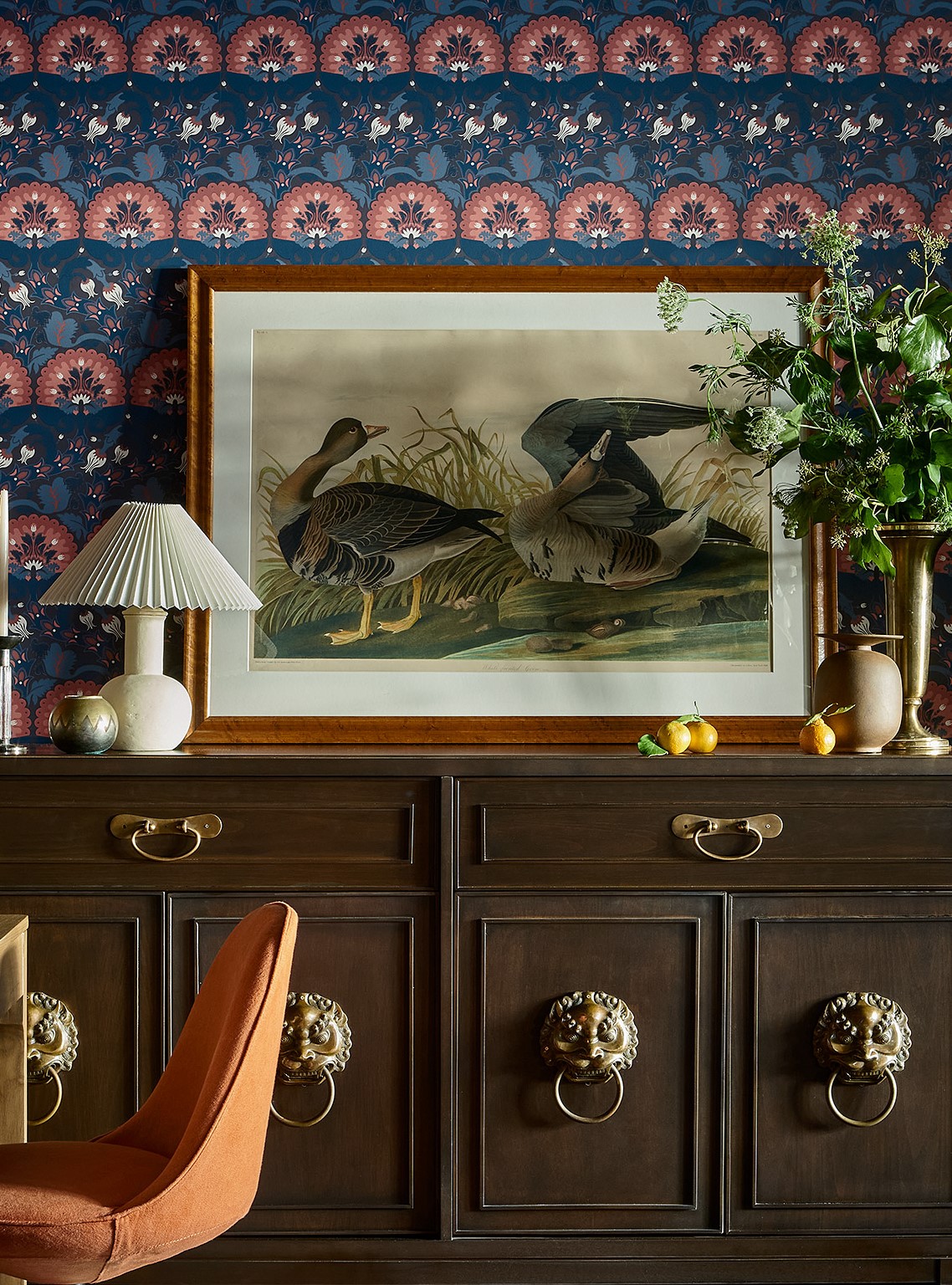
'In Feng Shui, the ideal home fragrance is natural and harmonious,' says Feng shui master Jane Langof. 'Fresh air from an open window is the best choice, provided the outdoor air is clean. When adding scents, prioritize those you love, as a disliked fragrance can disrupt the home's energy. Largely, natural fragrances, like citrus, herbs, and lemon myrtle are recommended for their connection to nature and health benefits.'
To ensure that your interiors always feel welcoming, consider scent layering with natural fragrances. By doing this, you can create a unique aroma with extra depth that can help define spaces and thus set the right mood for when you need to work, relax, or sleep.
2. Cinnamon

Another long-lasting, designer-approved scent to try is cinnamon. This earthy, natural scent can create a serene atmosphere. In fact, research shows that just smelling cinnamon can give your brain a boost, and calm an irritable and fatigued mind.
'Pleasant natural aromas, such as freshly brewed coffee or cinnamon, enhance positivity,' says Jane. 'Using 100% essential oils in an oil burner is also a great option. The main principle is to steer clear of artificial fragrances and focus on natural, health-friendly ones.'
The Livingetc newsletters are your inside source for what’s shaping interiors now - and what’s next. Discover trend forecasts, smart style ideas, and curated shopping inspiration that brings design to life. Subscribe today and stay ahead of the curve.
3. Natural incense

'Scent evokes emotion,' says Dana Claudat, founder of the Tao of Dana. 'It creates a layer of connection to your environment and can even trigger memories. So, for many reasons, scent can be a key to feeling at home in your home. The only scents I use are simmered fruits, herbs, or natural incense.'
A big home fragrance mistake according to Feng Shui experts is using artificial scents. 'Chemically manufactured scents can have the opposite effect as they can make you feel disconnected from your space, create brain fog, or otherwise overwhelm you,' says Dana. 'So I keep my scent choices limited to these very natural options.'
4. Fresh flowers

And finally, when it comes to natural aromas, nothing beats the charm and smell of fresh flowers.
'I recommend using fresh fragrant flowers anywhere in your home when they're in season,' says Dana. 'In fact, there is an entire Feng Shui process called the Fragrant Flower Cure that you could try.'
If you're wondering how to make your home smell good without having to take care of fresh flowers everyday, consider essential oils. 'I recommend using essential oils if you don't have pets or anyone with allergies,' says Dana. 'A single drop of lavender essential oil in each corner or each room is amazing to create fresh energy and a sense of grounding and calm.'
3 Feng Shui approved fragrances

Aditi Sharma Maheshwari started her career at The Address (The Times of India), a tabloid on interiors and art. She wrote profiles of Indian artists, designers, and architects, and covered inspiring houses and commercial properties. After four years, she moved to ELLE DECOR as a senior features writer, where she contributed to the magazine and website, and also worked alongside the events team on India Design ID — the brand’s 10-day, annual design show. She wrote across topics: from designer interviews, and house tours, to new product launches, shopping pages, and reviews. After three years, she was hired as the senior editor at Houzz. The website content focused on practical advice on decorating the home and making design feel more approachable. She created fresh series on budget buys, design hacks, and DIYs, all backed with expert advice. Equipped with sizable knowledge of the industry and with a good network, she moved to Architectural Digest (Conde Nast) as the digital editor. The publication's focus was on high-end design, and her content highlighted A-listers, starchitects, and high-concept products, all customized for an audience that loves and invests in luxury. After a two-year stint, she moved to the UK and was hired at Livingetc as a design editor. She now freelances for a variety of interiors publications.
